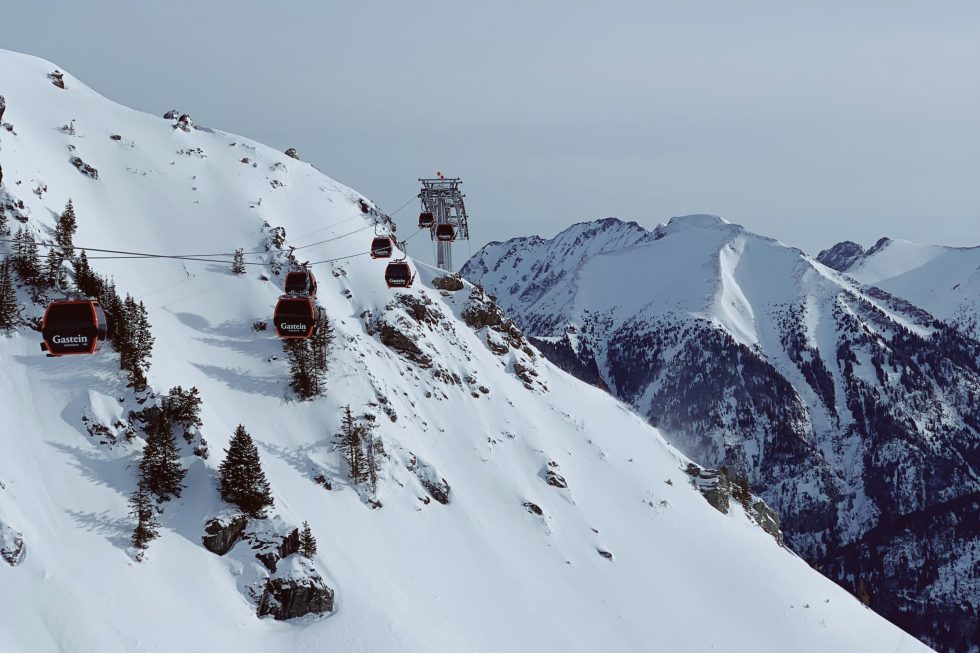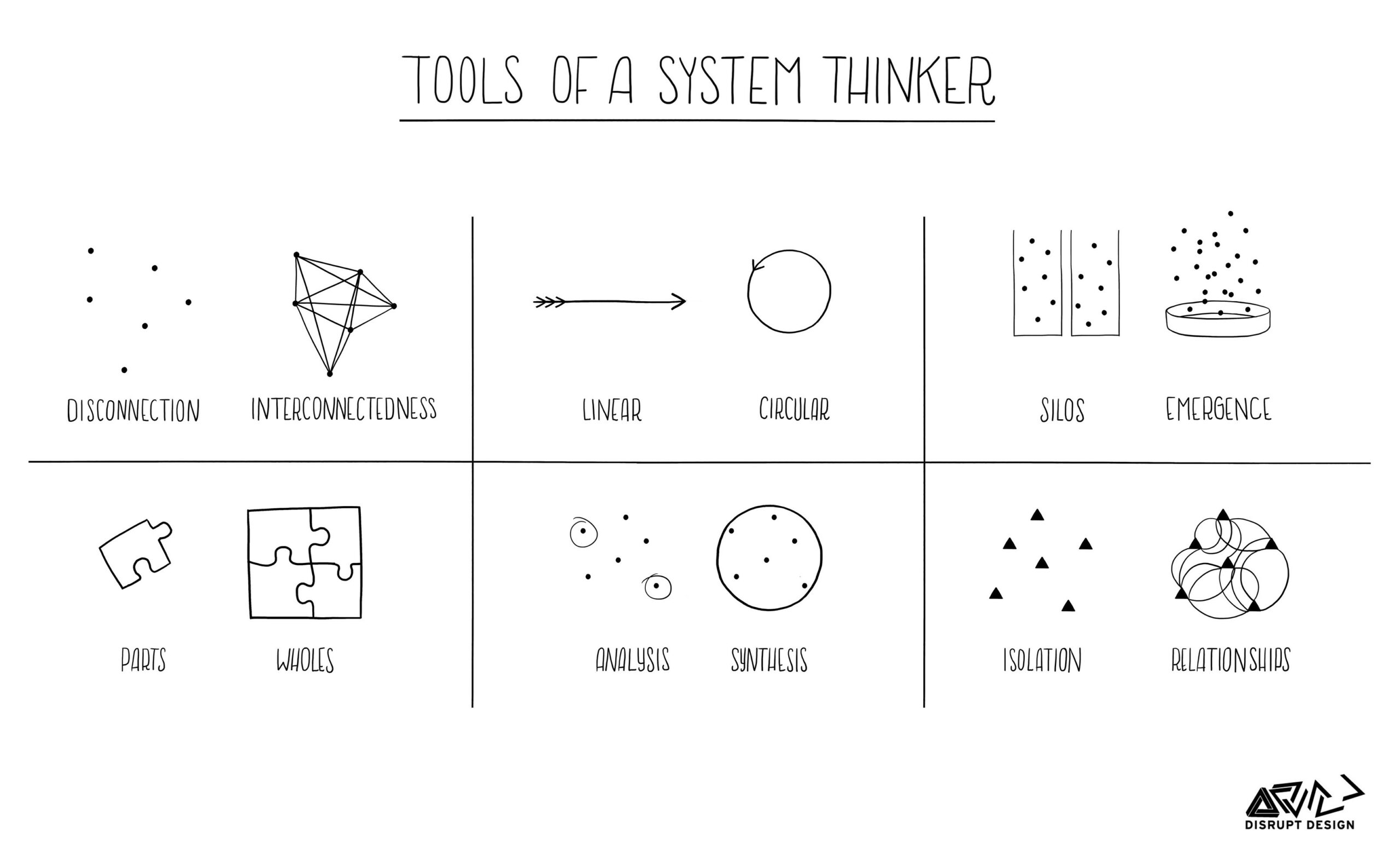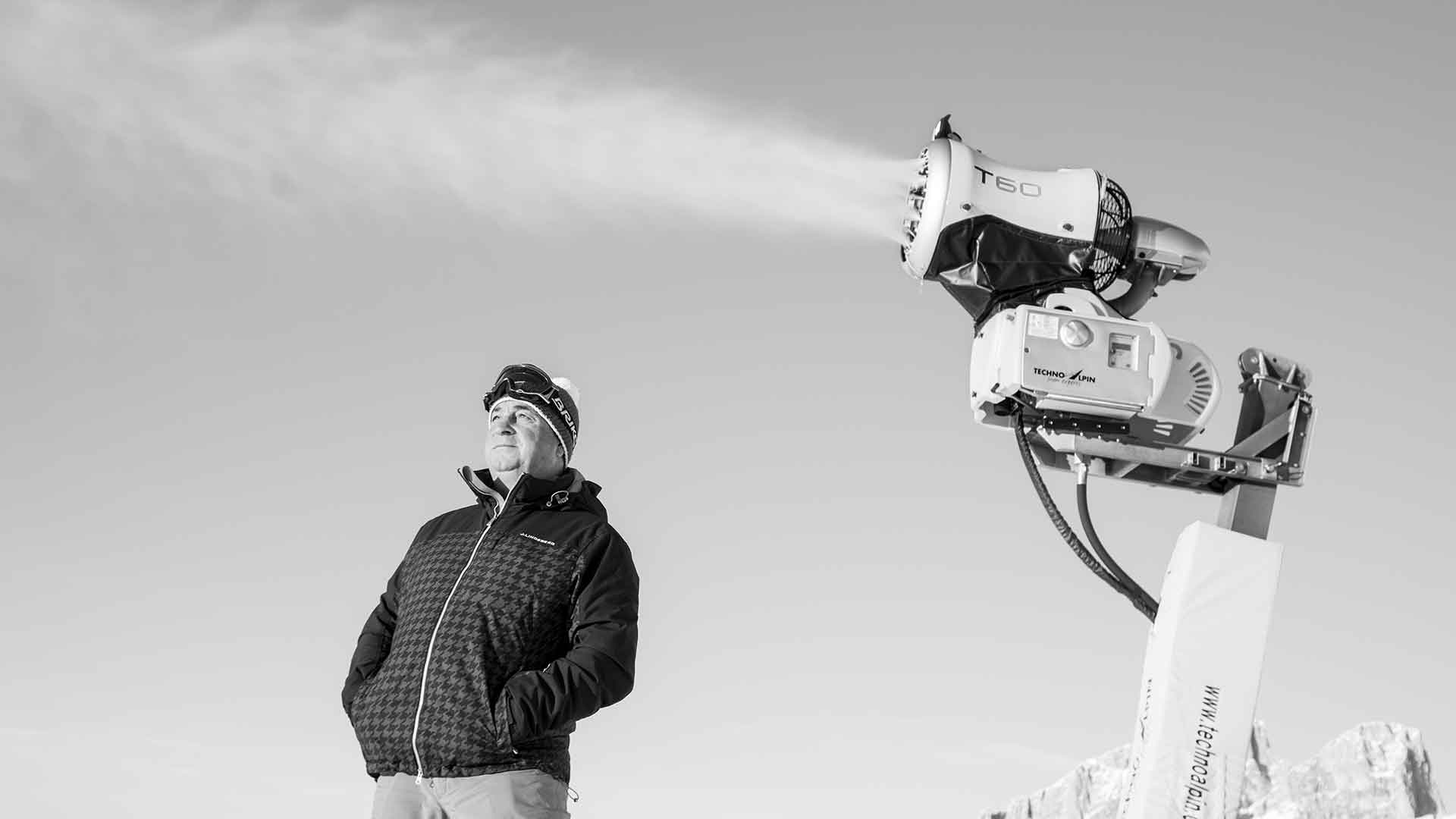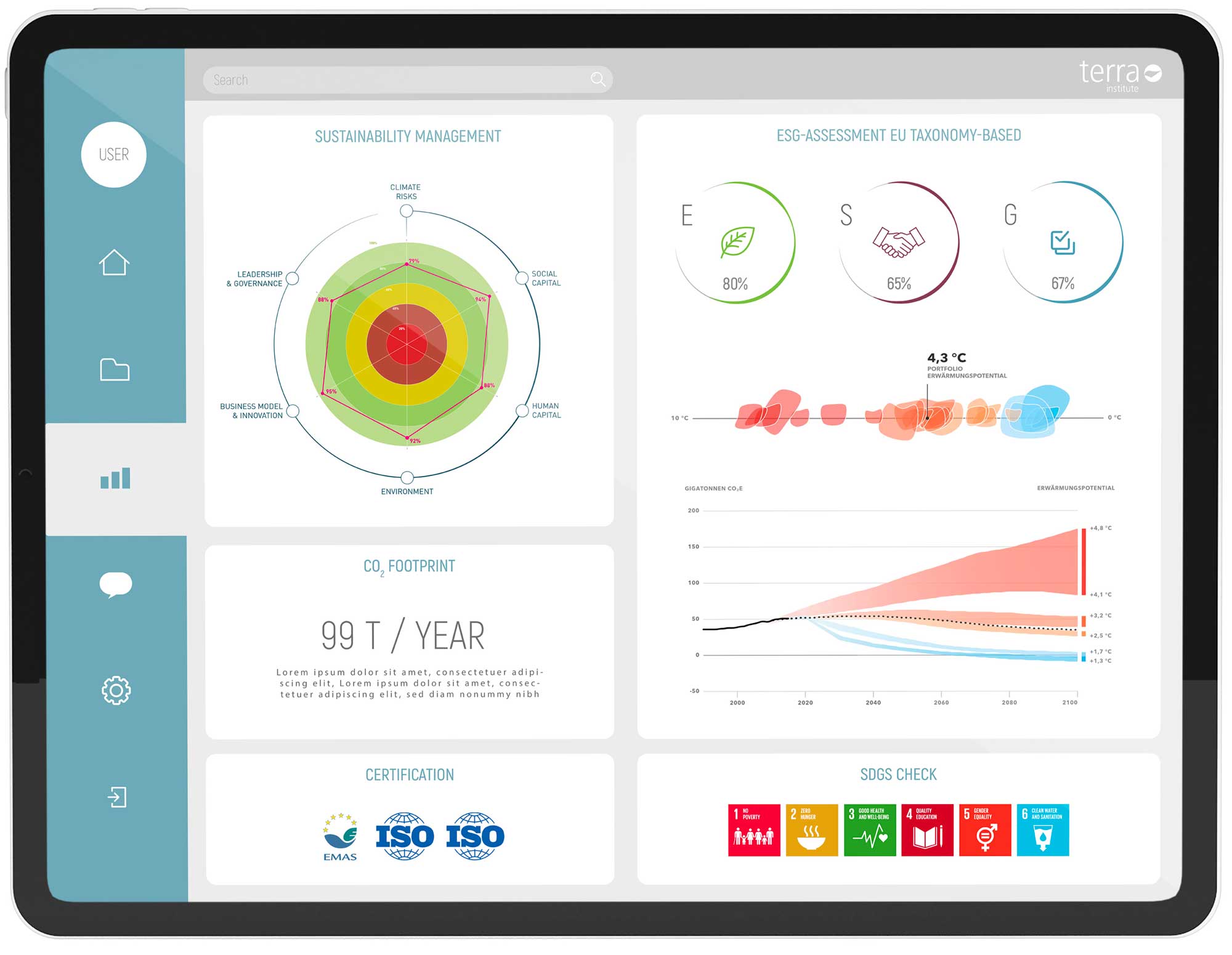MOUNTAIN EXPERIENCE – WITH RESPONSIBILITY FOR PEOPLE AND NATURE
THE VISION OF GASTEINER BERGBAHNEN AG: MOUNTAIN EXPERIENCE – WITH RESPONSIBILITY FOR PEOPLE AND NATURE
Gasteiner Bergbahnen AG is not only a major player in Alpine tourism, but also a pioneer when it comes to sustainability.
In 2022, the company launched a comprehensive sustainability strategy with the support of the Terra Institute and renowned tourism researcher Professor Kurt Luger.
The aim was to protect valuable natural resources, reduce the ecological footprint and at the same time assume economic and social responsibility.
KEY FACTS GASTEINER BERGBAHNEN

Project: Sustainability strategy

Terra customer since November 2022

Business area: cable cars, tourism

Head office in Bad Hofgastein, Austria

Approx. 120 permanent employees & an additional 130 seasonal employees

Website: https://www.skigastein.com/
CHALLENGES DURING THE PROJECT

Tourism and sustainability in Bad Hofgastein – winter mountain landscape
The implementation of the sustainability strategy brought with it various challenges. The aim was to optimise energy consumption and reduce emissions. The involvement of stakeholders – including employees, local communities and partners – and the implementation of new technologies were crucial steps.
It was particularly challenging to establish sustainable solutions in an economically and touristically intensively utilised environment.
RESULTS ACHIEVED
The sustainability strategy led to impressive successes:
- Renewable energies: The installation of solar trees and photovoltaic systems on roofs and has increased production from the PV systems to 658 kWp in 2023. Annual expansions are already planned.
- E-mobility: The introduction of an e-vehicle sharing programme and the expansion of the charging infrastructure have significantly improved the use of environmentally friendly means of transport.
- Reducing emissions: The aim is to reduce the CO2 footprint by more than 80% by 2025 by switching the vehicle fleet to HVO fuels.
- Co-operations: Travel and regional added value: A key aspect of the sustainability strategy was the promotion of environmentally friendly travel for guests. The Gasteiner Bergbahnen supported travelling by train with attractive combination tickets that combine train travel and ski pass. This initiative, in cooperation with the Austrian Federal Railways (ÖBB), significantly reduces CO2 emissions, as the majority of emissions during a skiing holiday are caused by travelling to and from the resort (Skigastein) (Snow Industry News).
In addition, the promotion of electromobility, such as e-vehicle sharing and the installation of e-charging stations, contributes to reducing the ecological footprint. Guests travelling by train have the opportunity to switch to environmentally friendly vehicles on site, eliminating the need for a private car (Snow Industry News).
The sustainable orientation of the Gastein cable cars also strengthens regional value creation. Cooperation with local farmers and producers supports regional economic cycles. This close co-operation creates a win-win situation in which both the regional producers and the Gastein cable cars benefit.
HOW IT WAS ACHIEVED
The success of the sustainability strategy is based on a systematic and integrative approach that was deeply anchored in the company structure.

Figure 1: System analysis
- System analysis:A thorough examination of all relevant data and processes formed the basis. In doing so, all aspects of operations were analyzed in order to understand the interrelationships and influencing factors. This analysis made it possible to identify targeted measures to increase efficiency and conserve resources.
- Stakeholder dialogue:Dialogue with internal and external stakeholders played a central role. Through workshops, surveys, and continuous exchange, the perspectives and needs of employees, guests, the supply chain, and the local community were integrated into the strategy. This participatory approach ensured the acceptance and support of all involved.
- Materiality analysis:In this phase, the material topics and their impacts on the environment, society, and economy were identified and prioritized. The analysis helped to determine the most important fields of action and to ensure that the measures were applied where they could achieve the greatest benefit.
4. Strategy development and implementation:On the basis of the insights gained, concrete goals and measures were defined. This included the installation of renewable energy sources, the optimization of operational processes, and the promotion of sustainable mobility. Continuous monitoring and adjustment of the measures ensured that the set goals were achieved and the positive effects maximized.
TERRA INSTITUTE CONSULTANT AND PROJECT MANAGER
MARGIT HOLZHAMMER

Lawyer, long-time director of a hospital, CSR lecturer at various universities, and CSR and sustainability consultant at Terra Institute. Focus industries are healthcare, banking, and tourism. Margit leads the Terra office in Innsbruck.
THE COMPANIES
THAT HAVE CHOSEN US





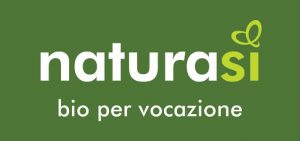

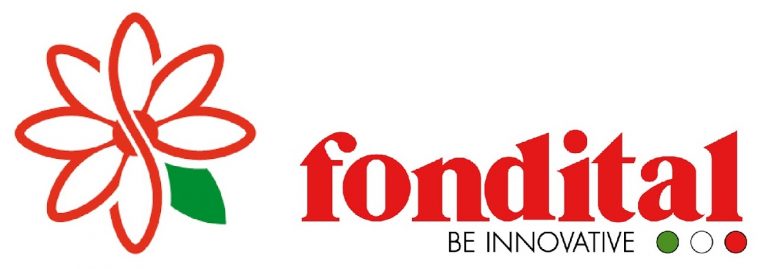

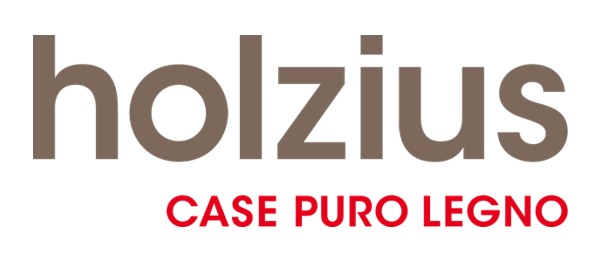









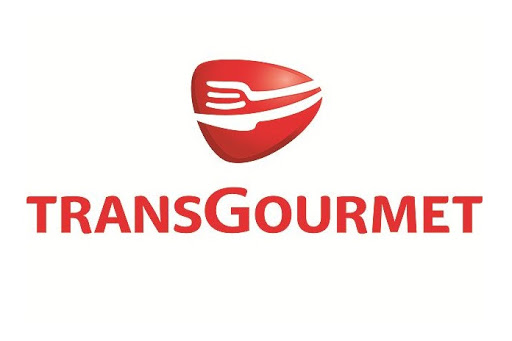

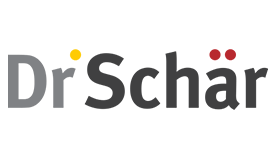
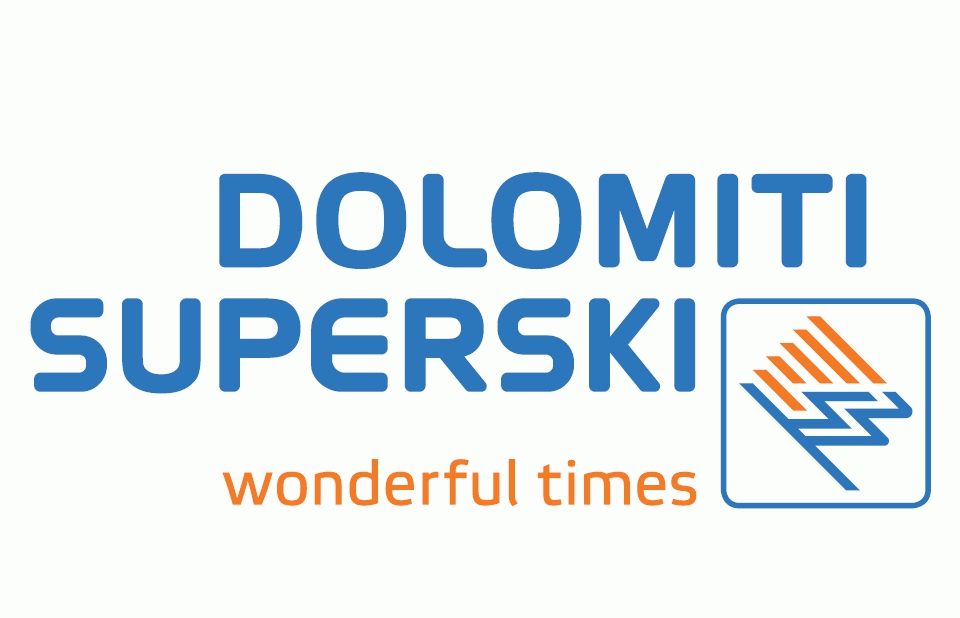
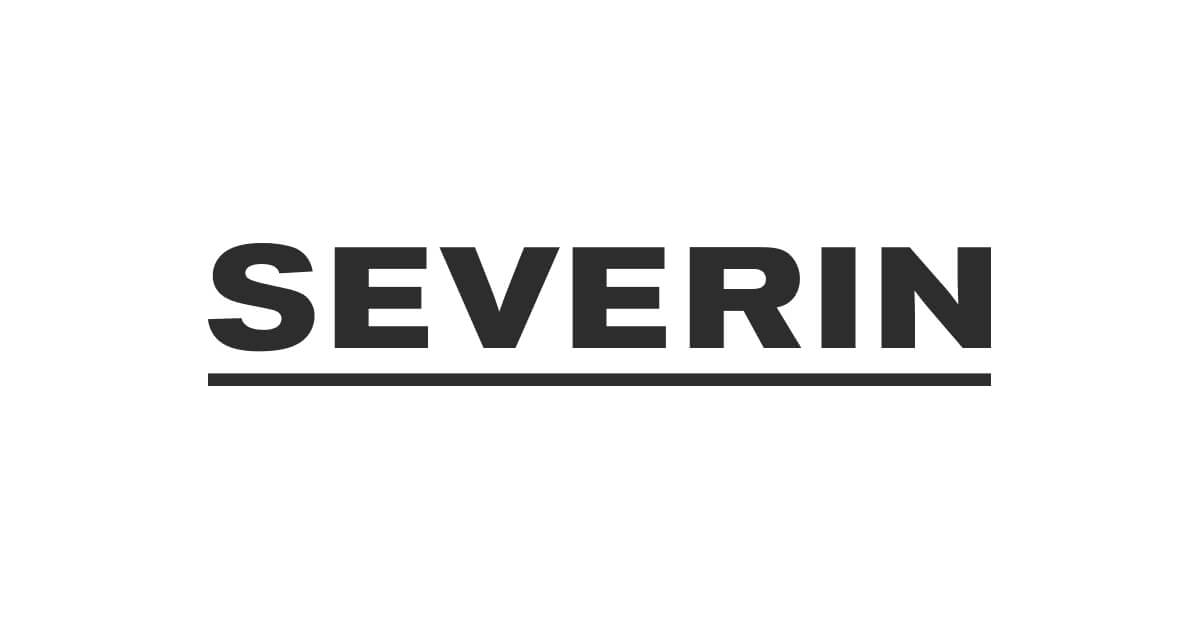



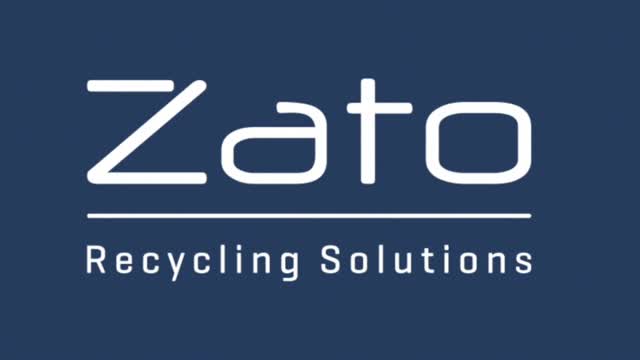
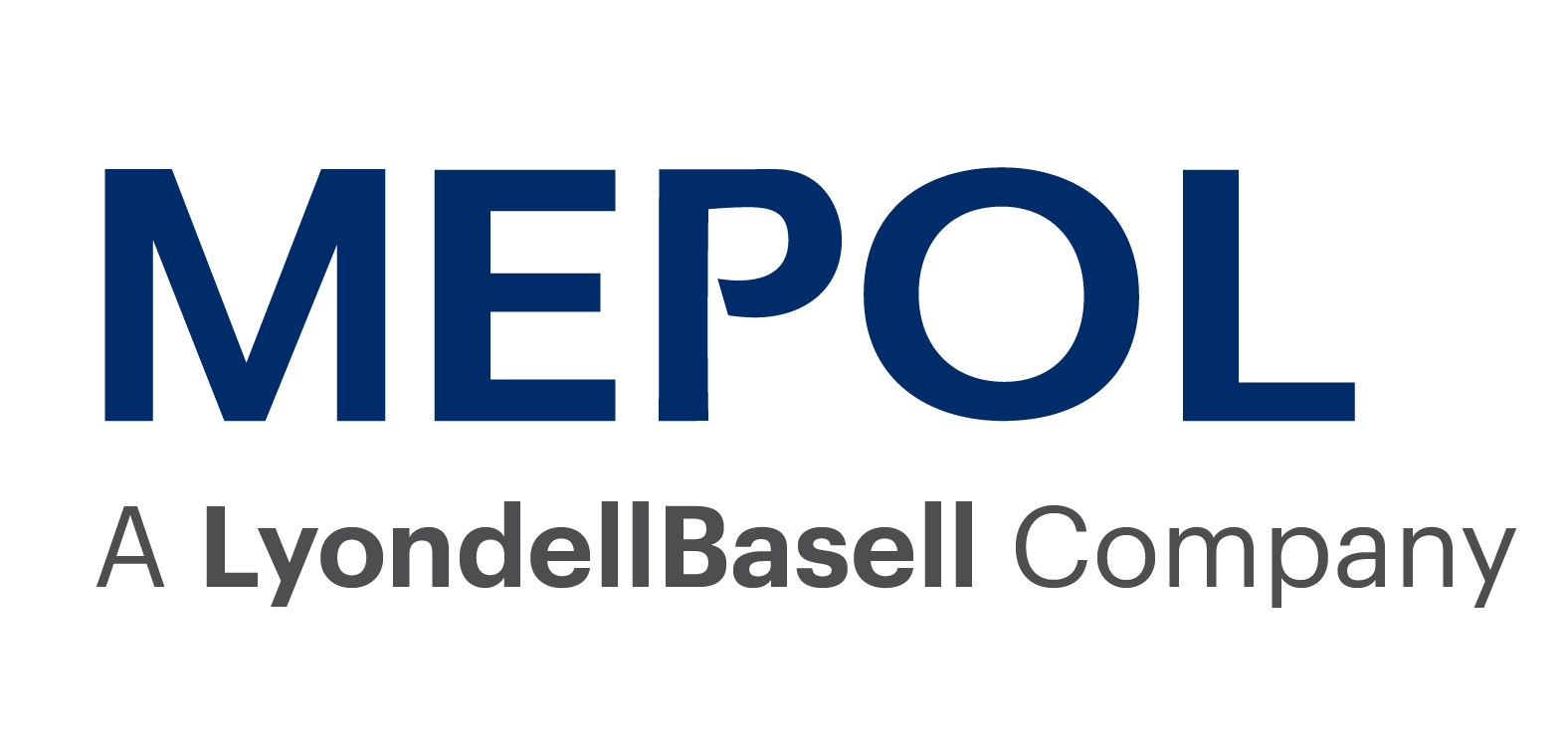

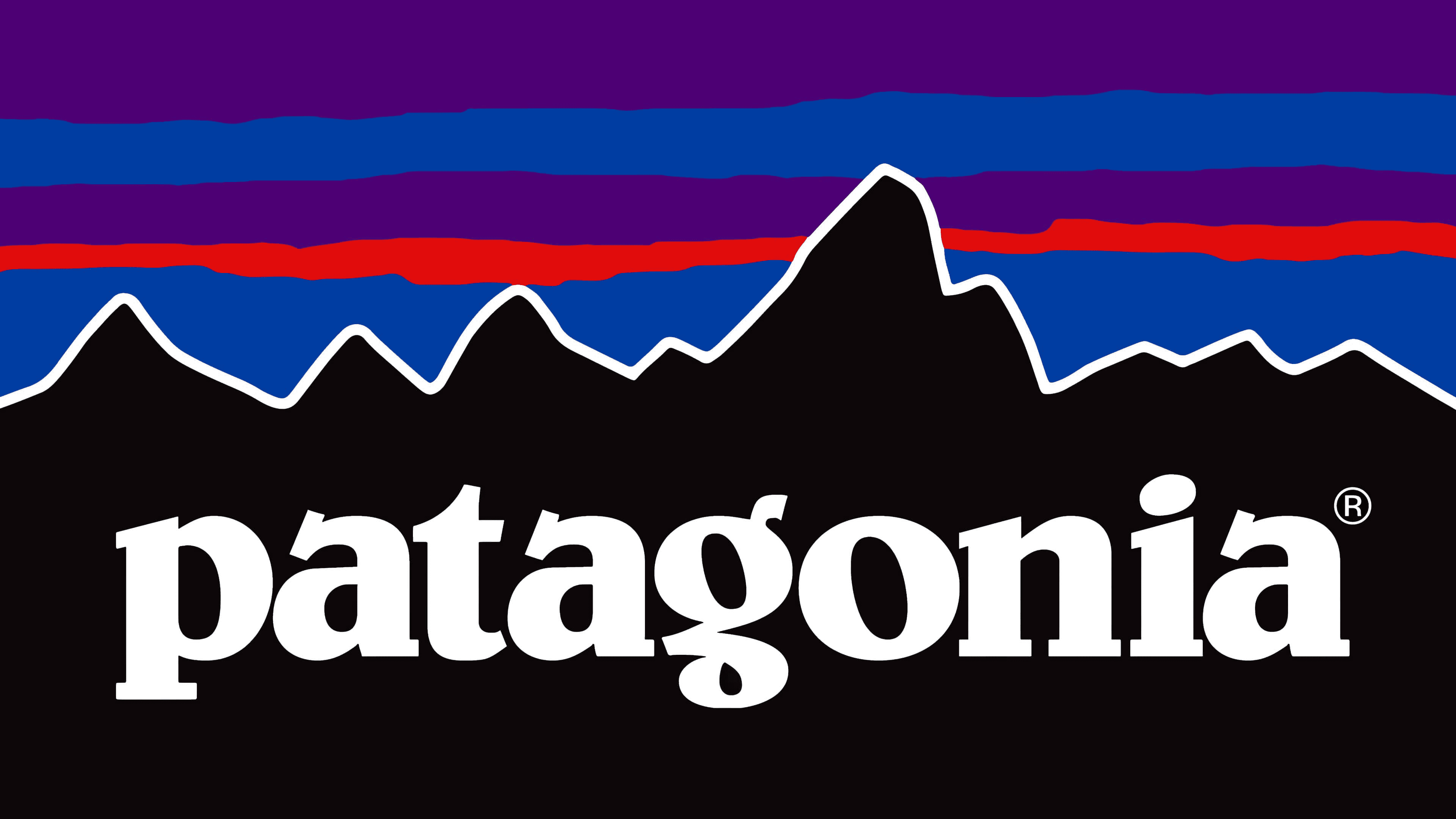

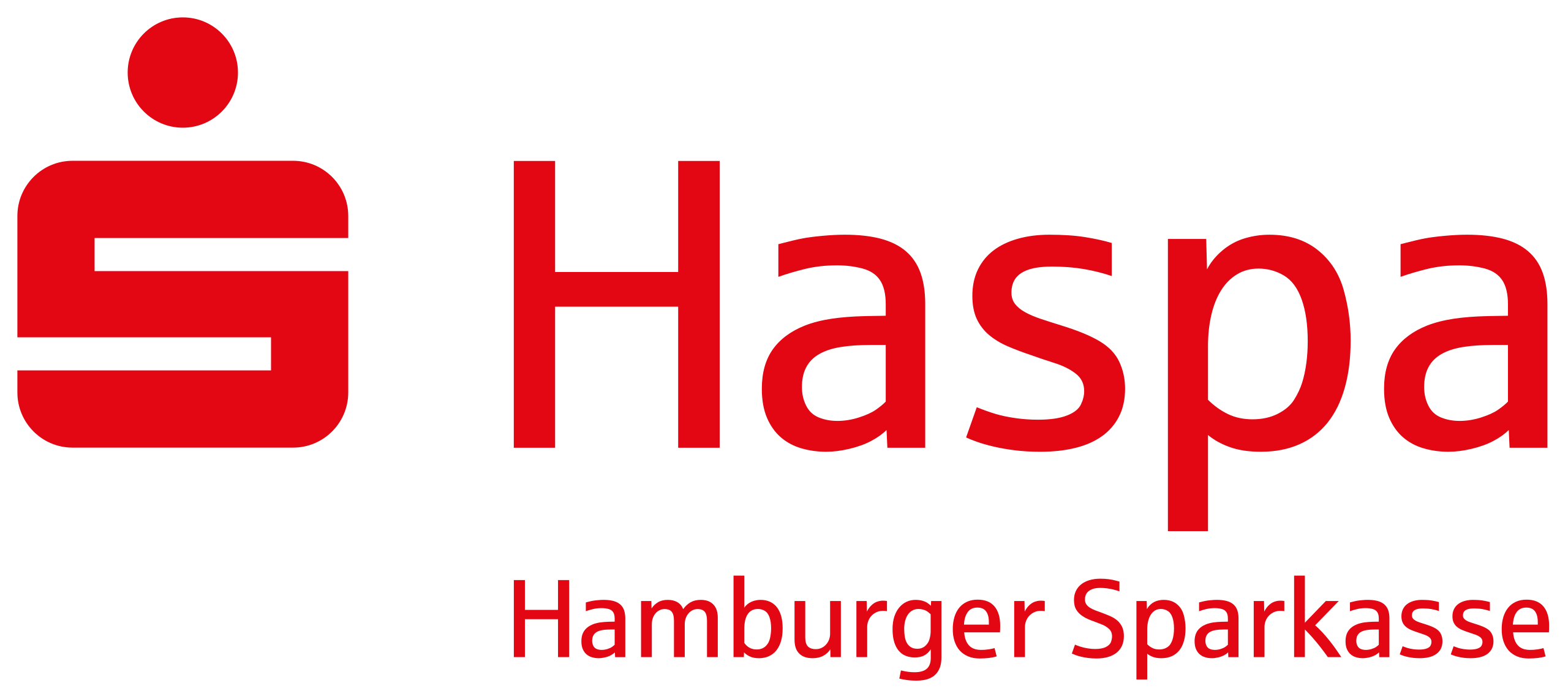

CONTACT
Do you have any questions or would you like us to support your company in developing a climate strategy?
Then arrange a free initial consultation with our experts.
Please note our privacy policy and terms and conditions.
Thank you very much! We look forward to hearing from you!
office@terra-institute.eu
Tel. +39 0472 970 484

